Congratulations to the young members of IAUPL, Dr. Maxim Muravyov and Dr. Anna Panyushkina, for the publication of your research article (Springer)
Congratulations (!!!) to the young members of IAUPL, Dr.Maxim Muravyov and Anna Panyushkina,
for the publication of your research article in the international journal Reviews in Environmental Science and Bio/Technology (Springer Nature).
📘 Title: Biomining nickel for a greener low-carbon future: progress in bioleaching technologies and acidophilic microbiology
📅 Published on: September 5, 2025
📄 Volume 24, pages 753–803 (2025)
Your contribution perfectly illustrates the new generation of researchers committed to achieving the Sustainable Development Goals (SDGs) within the framework of the United Nations 2030 Agenda. IAUPL is proud to see its young members actively contributing to the construction of a scientific diplomacy framework, grounded in ethics, knowledge, and responsibility.
« Biomining nickel for a greener low-carbon future: progress in bioleaching technologies and acidophilic microbiology », Reviews in Environmental Science and Bio/Technology, Volume 24, pages 753–803, (septembre, 2025) – Springer
Abstract: Over recent decades, biomining has emerged as a highly promising and increasingly adopted approach for metal recovery. Here, we address a critical gap by providing a comprehensive overview of nickel bio-extraction, focusing on this strategically critical metal powering today’s clean-energy transition.
The convergence of modern acidophilic microbiology and advances in sustainable biotechnologies offers new pathways toward an environmentally benign, low-carbon methods of processing sulfide raw materials, including industrial waste. We assess nickel supply forecasts across diverse sectors, with particular emphasis on the rapidly increasing demand associated with rechargeable battery technologies. Concurrently, we examine recent progress in nickel bioleaching, alongside the diversity of acidophilic bacteria and archaea that drive biomining. Thriving in highly acidic environments, these microorganisms contribute uniquely to the extraction of valuable metals from sulfide ores, ore concentrates, and sulfidic wastes.
This Review illuminates the most efficient sulfur and iron oxidizers, outlining their characteristics, leaching capacities, and current taxonomic nomenclature. We also analyze mechanisms of nickel leaching from sulfides. This includes a critical evaluation of laboratory- and industrial-scale bioprocesses, as well as emerging green methods and their associated microbial consortia. Continued advances in acidophilic bioleaching demonstrate strong potential to enhance the eco-efficiency of mineral processing, improving recovery of non-ferrous metals like nickel while minimizing environmental impacts through optimized bioprocesses and safe mine-waste disposal. By advancing bioleaching technologies, the nickel industry can contribute meaningfully to a low-carbon, resource-efficient circular economy, helping to meet global emission targets and the growing demand for metals in an increasingly electrified world and advanced applications.
Déclaration IAUPL (Observateur) – Rapport 2025 COMEST – Ethique de l’Informatique Quantique, 15 septembre 2025
Déclaration STATEMENT IAUPL – pour la 14 ème session de la COMEST – UNESCO
DRAFT REPORT OF THE WORLD COMMISSION ON THE ETHICS OF SCIENTIFIC KNOWLEDGE AND TECHNOLOGY (COMEST) ON THE ETHICS OF QUANTUM COMPUTING
par Dr. Daniel VERT, expert en physique quantique / Deep Tech SYSTEMATIC
Dr. Pr. Oleg CURBATOV, Vice-président et Représentant de l’IAUPL à l’UNESCO et à l’ONU
FR (version originale): L’Association Internationale des Professeurs et Maîtres de Conférences des Universités (IAUPL) se félicite de la publication par COMEST du Rapport sur l’éthique de l’informatique quantique.
Si cette technologie promet des avancées transformatrices pour nos écosystèmes, elle soulève également un ensemble complexe de problématiques convergentes touchant à l’éthique de l’intelligence artificielle, des neurotechnologies ainsi qu’aux modes de gouvernance pour la paix, étroitement liés aux risques d’usages militaires et non militaires.
Cette situation plonge dans l’incertitude l’avenir des générations futures, tel qu’il est présenté dans le ‘Pacte pour l’Avenir’ adopté par l’Assemblée Générale de l’ONU en septembre 2024 et qui peine encore à trouver sa pleine mise en œuvre un an après son adoption.
C’est pourquoi, dès l’adoption de la Résolution sur l’Année internationale de la physique quantique et tout au long de l’année de célébration, l’IAUPL a lancé un appel aux États membres afin d’élaborer un cadre original destiné à construire un Pacte convergent des technologies quantiques pour l’avenir.
L’IAUPL se réjouit qu’une proposition concrète soit reflétée dans les recommandations figurant à la partie VII ainsi qu’au paragraphe 136 du Rapport, qui prévoient, sur une période de sept ans, l’élaboration de Traités régissant l’utilisation des technologies quantiques et susceptibles d’être ratifiés et mis en vigueur.
Néanmoins, compte tenu de l’ampleur du développement quantique, les experts de l’IAUPL réitèrent leur proposition d’un Pacte moins contraignant, assorti d’engagements à moyen terme, conçu comme un pont intermédiaire vers les futurs Traités.
Un tel instrument, plus facile à adopter par l’ONU, pourrait être mis en œuvre dans une perspective plus souple et encore plus consensuelle.
EN: The International Association of University Professors and Lecturers (IAUPL) welcomes the publication by COMEST of the Report on the Ethics of Quantum Computing.
While this technology holds the promise of transformative advances for our ecosystems, it also raises a complex set of converging issues relating to the ethics of artificial intelligence, neurotechnologies, and modes of governance for peace — closely linked to the risks of both military and non-military uses.
This situation casts the future of coming generations into uncertainty, as presented in the “Pact for the Future” adopted by the UN General Assembly in September 2024, which still struggles to achieve full implementation one year after its adoption.
That is why, from the very adoption of the Resolution on the International Year of Quantum Physics and throughout the year of celebration, IAUPL has called on Member States to develop an original framework aimed at building a Convergent Quantum Technologies Pact for the Future.
IAUPL is pleased that a concrete proposal is reflected in the recommendations set out in Part VII and paragraph 136 of the Report, which envisage, over a seven-year period, the drafting of Treaties governing the use of quantum technologies, capable of being ratified and brought into force.
Nevertheless, given the scale of quantum development, IAUPL experts reiterate their proposal for a less binding Pact, with medium-term commitments, designed as an intermediate bridge toward future Treaties.
Such an instrument, easier for the UN to adopt, could be implemented in a more flexible and even more consensual perspective.
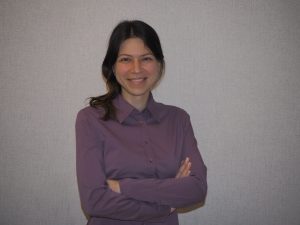
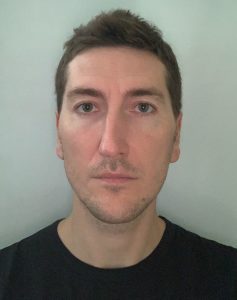
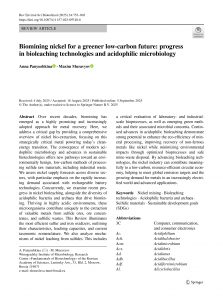
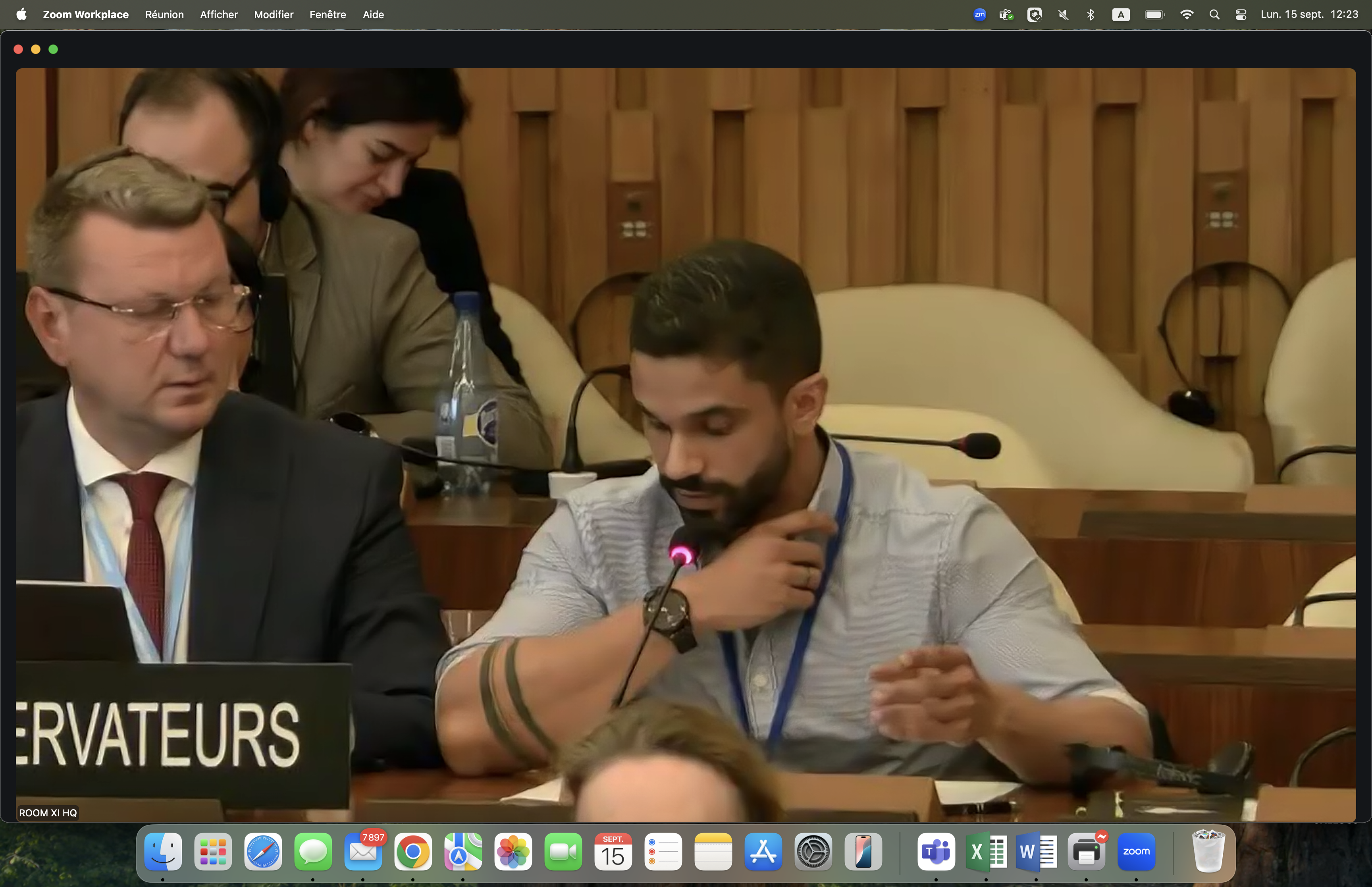
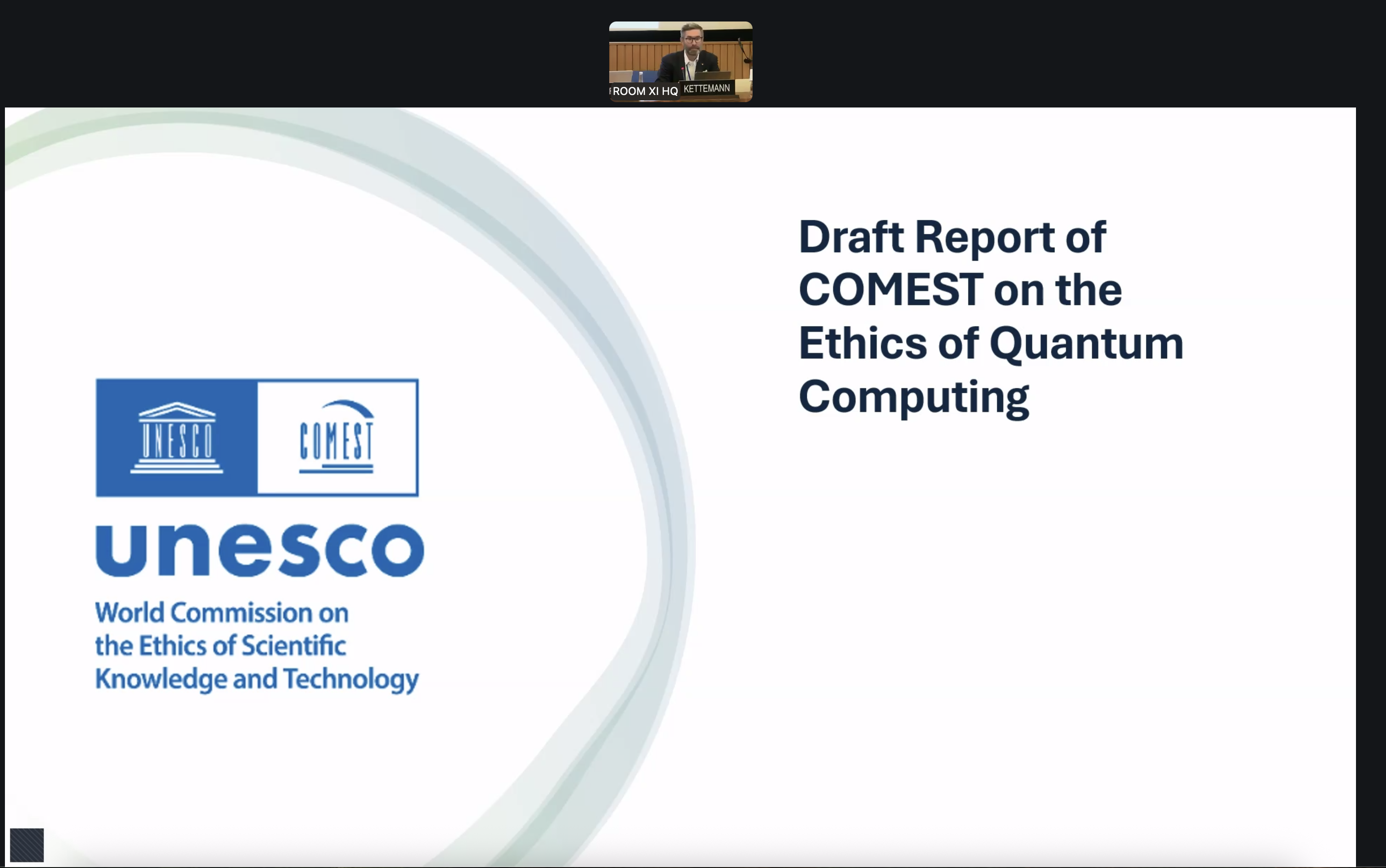
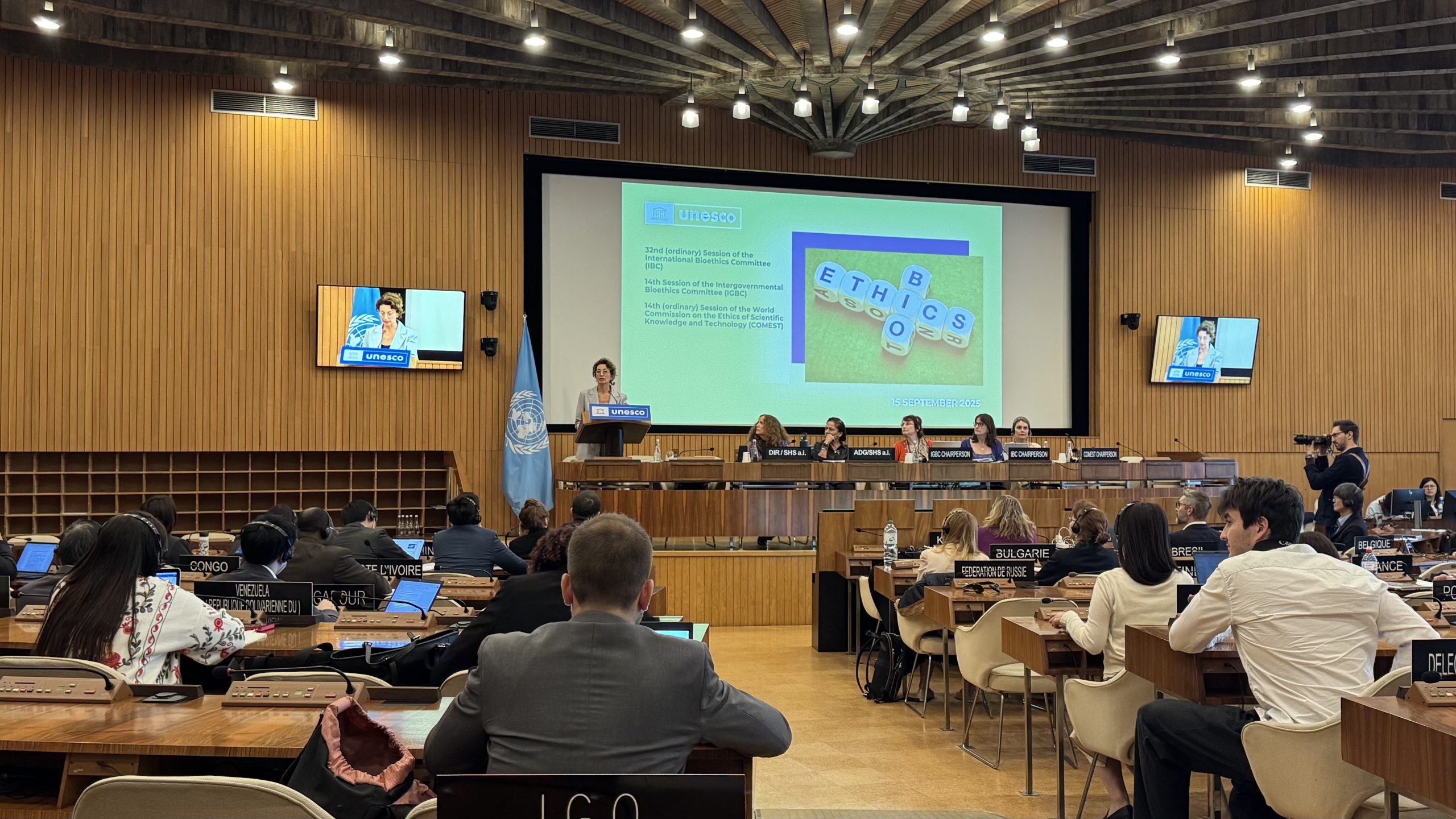

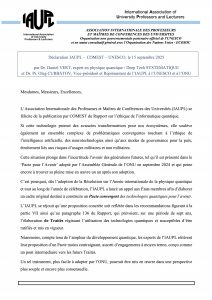
Commentaires récents